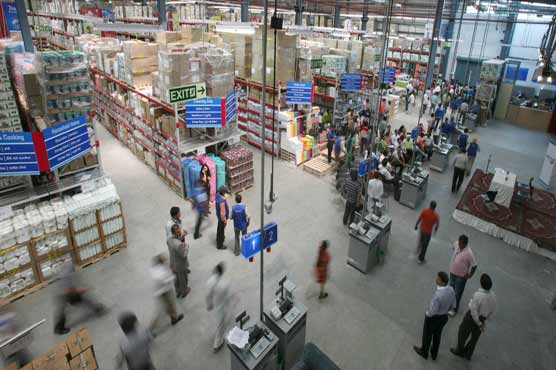Global supermarket chains come to India

India said on Friday that plans to open its vast retail sector to global supermarket chains.

India said on Friday that plans to open its vast retail sector to global supermarket chains.